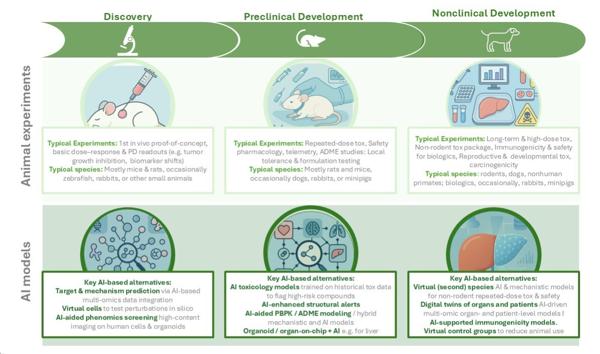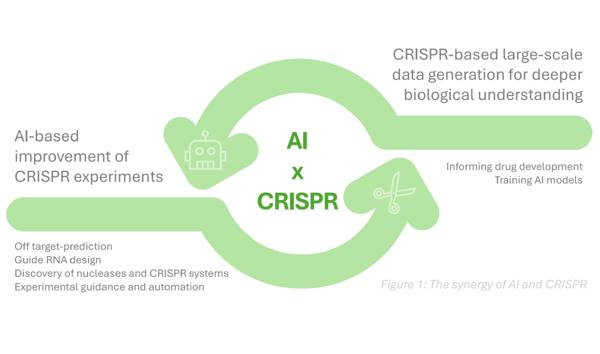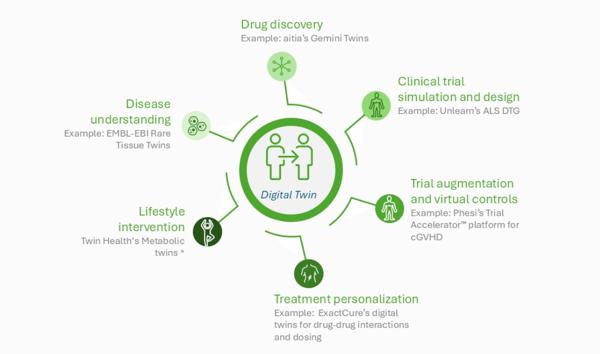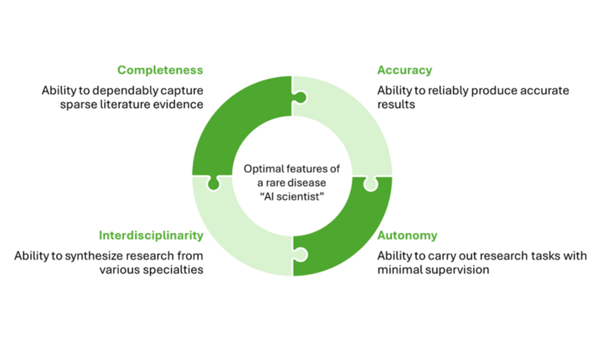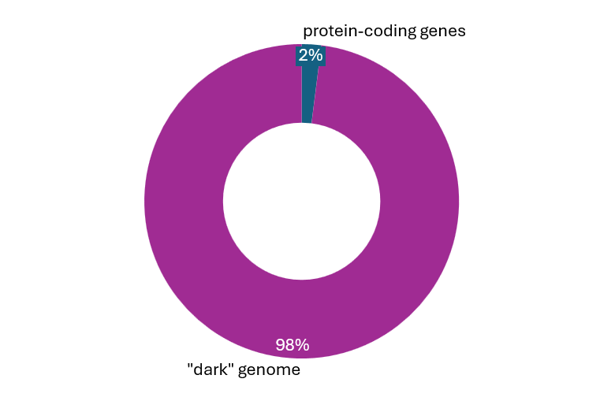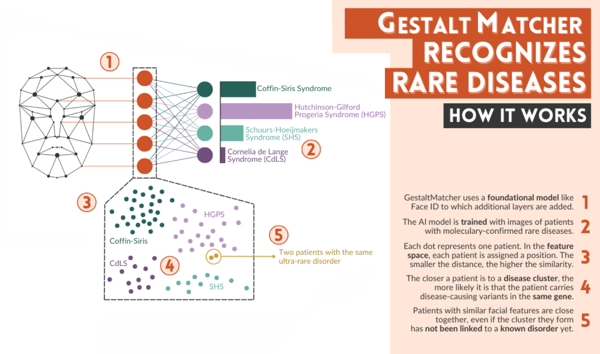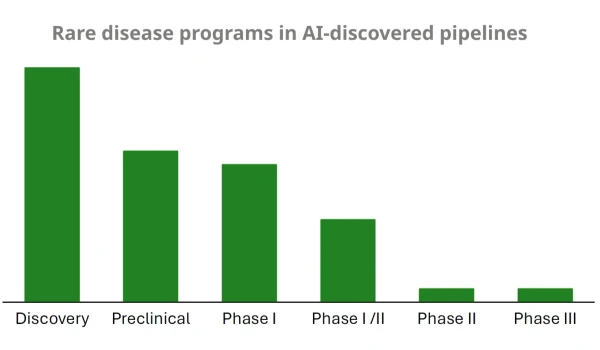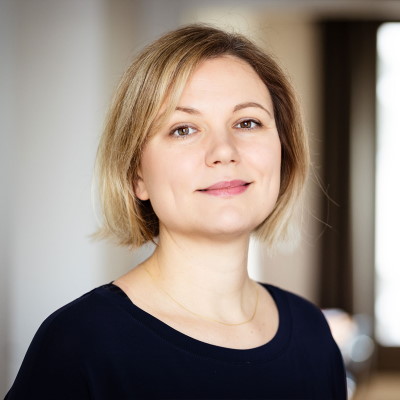
Louise von Stechow
Dr. Louise von Stechow is a biotech expert and strategy consultant for the pharmaceutical and biotech industries. Through her podcast, as a keynote speaker, science writer, and lecturer, she explores the role of revolutionary biotechnologies such as artificial intelligence in drug development and their impact on business and society. Louise has a PhD in biology, with a focus on systems biology.
Louise writes a monthly column on how new technologies can help tackle the challenges of diagnosing, treating, and managing rare diseases.
Contributing Author
Disclaimer: All opinions, ideas, and thoughts expressed and posted by Contributors at BiopharmaTrend.com platform are their own personal points of view, and do not represent neither Contributor's employers, nor BiopharmaTrend.com.
